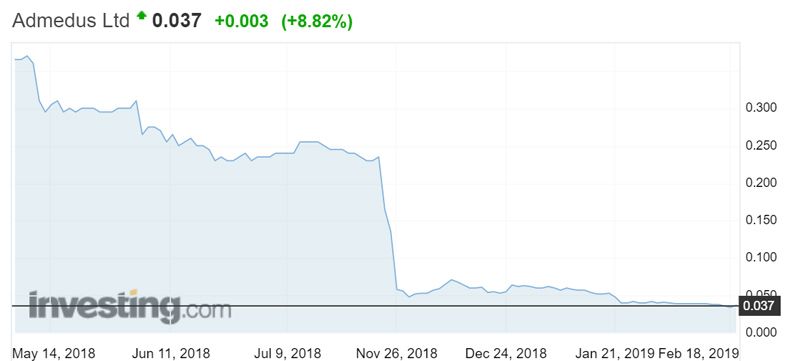Admedus is so happy with its sheep trials, it wants to put its valves in humans ASAP
Tech
Tech
Four heroic sheep are proving that single-piece 3D stentless valves may one day be successfully implanted in humans.
Last year, medtech company Admedus implanted the aortic valves into five sheep. Now, data from the first four weeks of that trial, from four sheep (we’re waiting to hear back on what happened to the other sheep), has the company so impressed that it’s flagging human trials “earlier than expected”.
“No regurgitation was observed,” Admedus (ASX:AHZ) reported to the ASX, “and there was a low-pressure gradient across the valves.”
That’s important, because the stentless valves Admedus is trialling have an Effective Orifice Area – a key factor in enabling blood flow – of between 2 and 2.5 square cm. Traditional valves have an EOA between 1.6 and 2 square cm.
Of equal importance, Admedus’ valves were still going in the lab after 400 million cycles, equivalent to around 10 years of human use.
Part of the reason for that is ADAPT tissue technology Admedus has developed that helps implanted devices resist calcification.
It’s actually the company’s core product – implantable bio-scaffolds for various soft tissue repair applications.
Admedus sees a potential $US12 billion market for valve replacement by 2025.
The company says the TAVR valve is “the first and only known single-piece 3D aortic valve in development”.
Combined with ADAPT, Admedus hopes the trial could result in “a major disruption in the treatment strategies for patients in the future”.
“The findings are very encouraging for several reasons,” Admedus’ Chief Medical Officer Dr Kiran Bhirangi said.
“The sheep model is well accepted and a good predictor of the effectiveness of the technology.”
“(We) will continue to monitor, and report on the five-month explant data, but based on the current findings we are confident to take next steps towards human clinical trials.”
Despite the positive news, AHZ shares slipped back a fraction and were down to 3.7c at the close.
